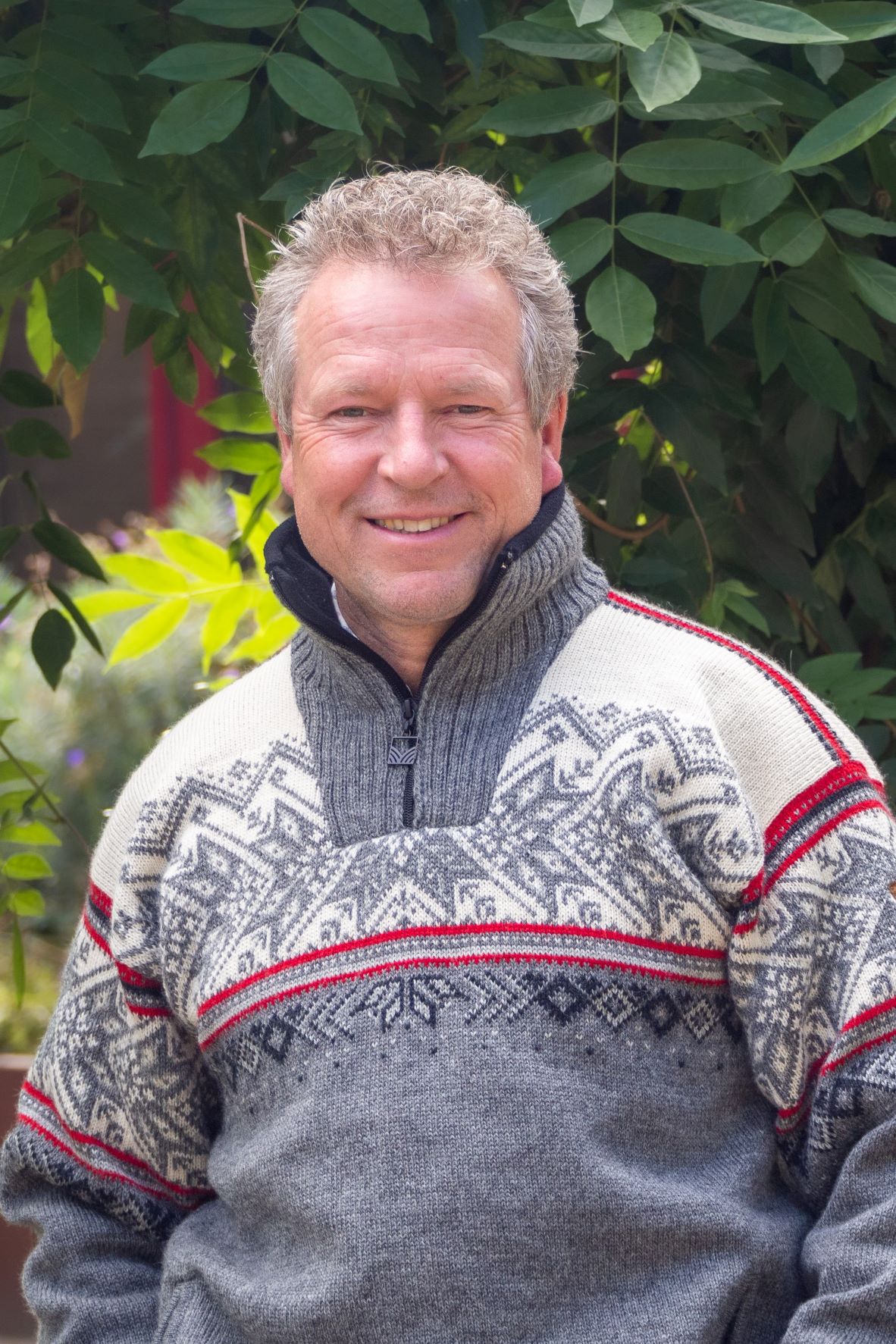
Faculty D&I training: 'You're never too old to learn this'
A variety of Diversity & Inclusion training courses are offered at faculty level on topics such as prejudice, diversity in the workplace and inclusive education. During these courses, participants have the opportunity to talk about their experiences.

Jurgen Lingen, secretary and junior institute manager at LUCL, took part in the Active Bystander training
'Almost everyone at the institute took part in the training, from support staff to professors – mainly because the management team had really stressed the importance of everyone participating. After all, undesirable behaviour is a hot topic in society at the moment.
During the training, we learned how to deal with inappropriate or undesirable behaviour by discussing several case studies. Ultimately, the goal is for everyone to be aware of the situation and not to just look away. So, to really learn about this, we looked at the four Ds: direct action, distraction, delegation and delay. I found it particularly comforting to see that there is always a way to resolve the situation: you can take action yourself or wait and see or go to a supervisor. Even if you don't take action straight away, you still do something – you think about the situation and the steps you are going to take.
I would be happy to do the training again. Not only is it useful for new colleagues, but it’s also a good refresher, an interactive refresher, of what you have learned.'

Joost van der Sluijs, senior advisor internal and external communication, took part of the Implicit Bias training
'As a communication expert, I know that a lot can go wrong in our communication, rapport and cooperation. Although we have developed an arsenal of verbal and non-verbal tools to stay as close to each other as possible, it regularly falls short and skews the relationship. Especially in a diverse, international environment like ours, the chances of something going wrong are high. Consider, for example, comments about pictures on large posters, which show only white 'up-town students'.
By delving into such occurrences and attending training courses on D&I, we move from consciously incompetent to unconsciously competent. The great thing about the 'implicit bias' training we attended with the department is that just talking about D&I brought us closer together. We know better from each other what to take into account to keep the (working) relationship optimal. I think the point is that everyone wants to be seen and understood. We are quite capable of telling others exactly what that means. If we really listen to each other, a lot already happens in our attitude: if I feel heard, I am more open to listening to others.
I think it is important to strike the right chord as a department, but it is not always easy to find the right balance. One reaction I have sometimes received to recruitment materials that blatantly juxtapose a student in a wheelchair, students of colour and students from different religious backgrounds is that it does not come across as very authentic. I therefore think it is important to pre-test. Ask a diverse group of colleagues or students if they want to shoot your concept. This not only prevents slips, but is also conducive to your image: "That poster really hit the mark, they did a good job!" Assume positive intentions and if things go wrong, just say sorry and do better next time. People are unerringly able to sense whether you are sincere in this. I always think: it is not bad to make mistakes, as long as you learn from them.
However, it is important to look carefully at what it is really about and at what level. Is it about interpersonal alignment or is it chafing at another, more organisational level, for instance in the area of equal career opportunities? Again, this requires a lot of our ability to keep the dialogue going. In the end, dialogues always take us further.'
